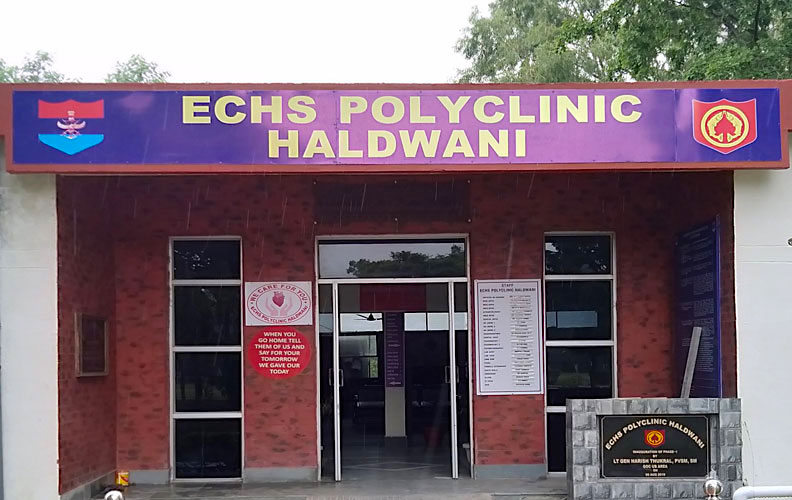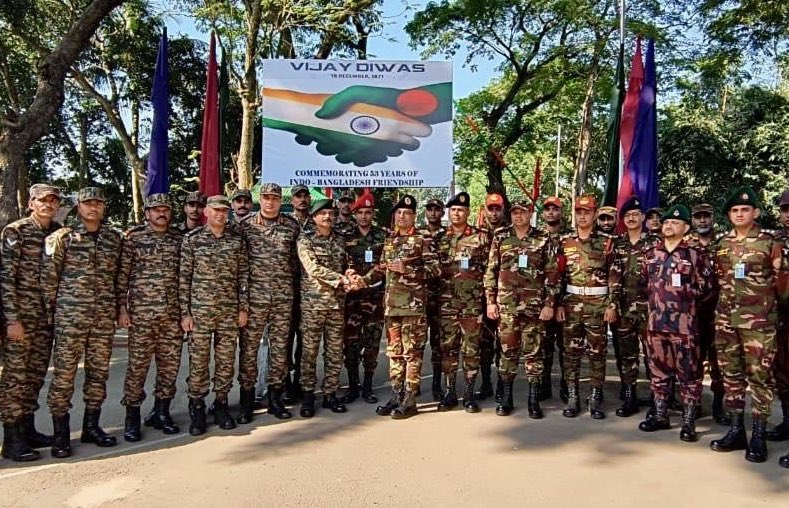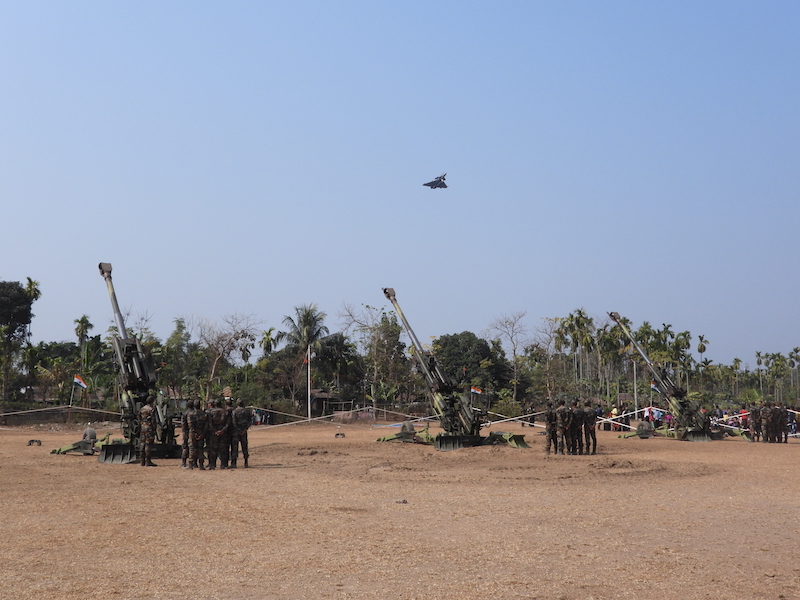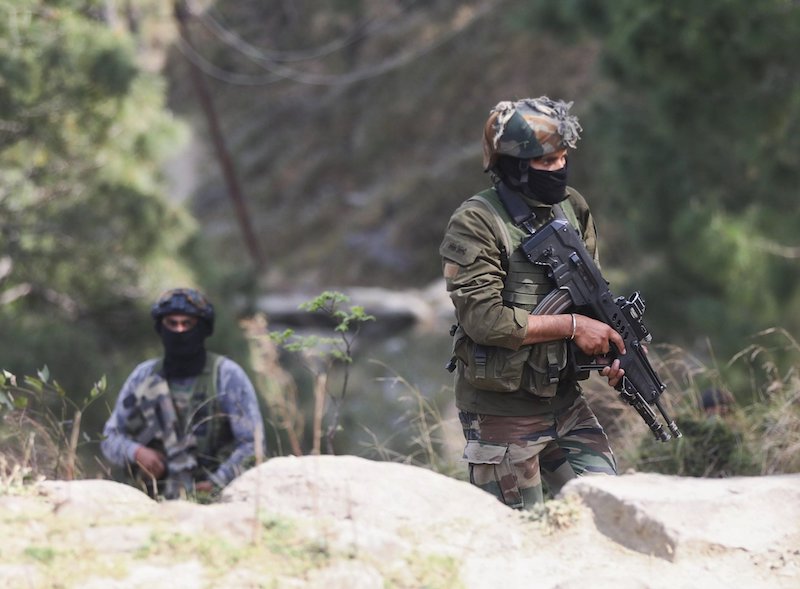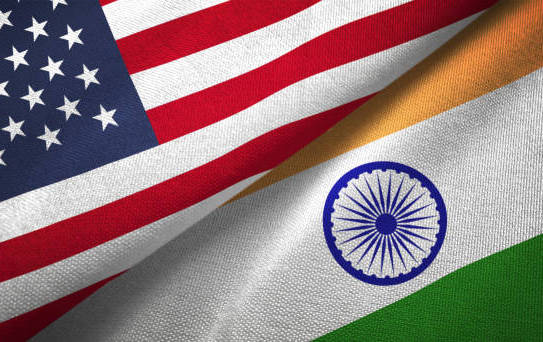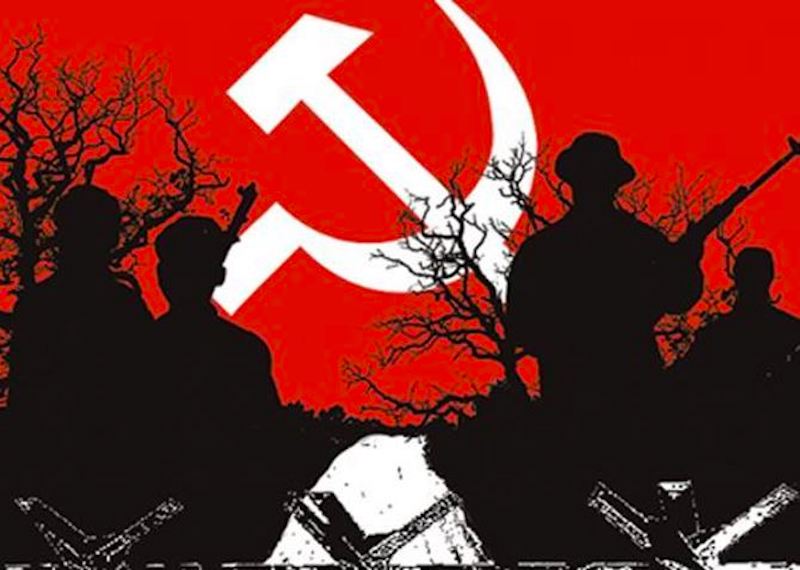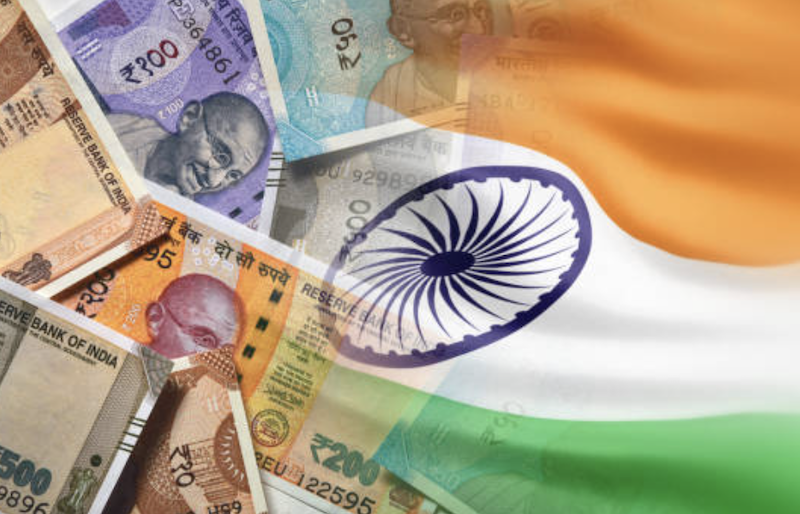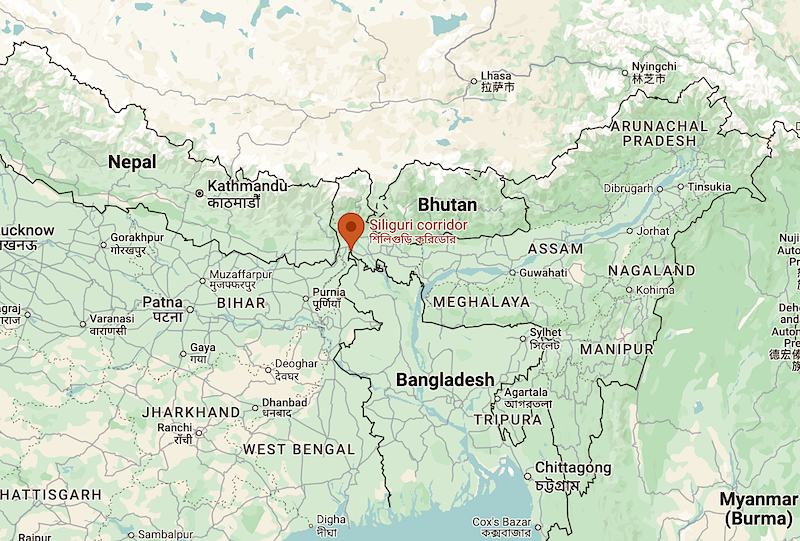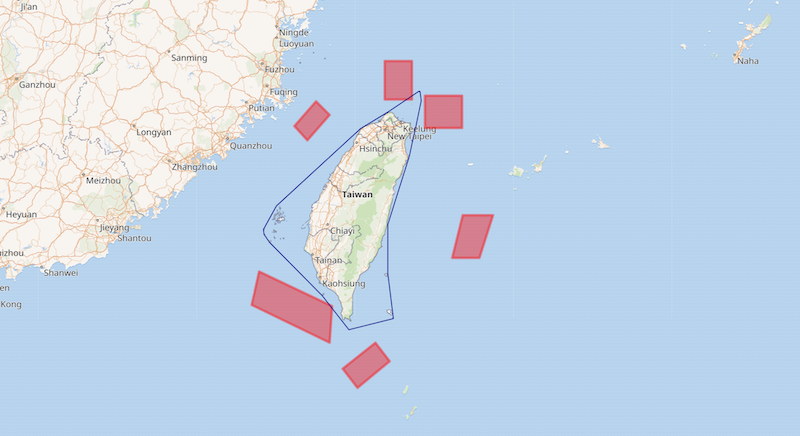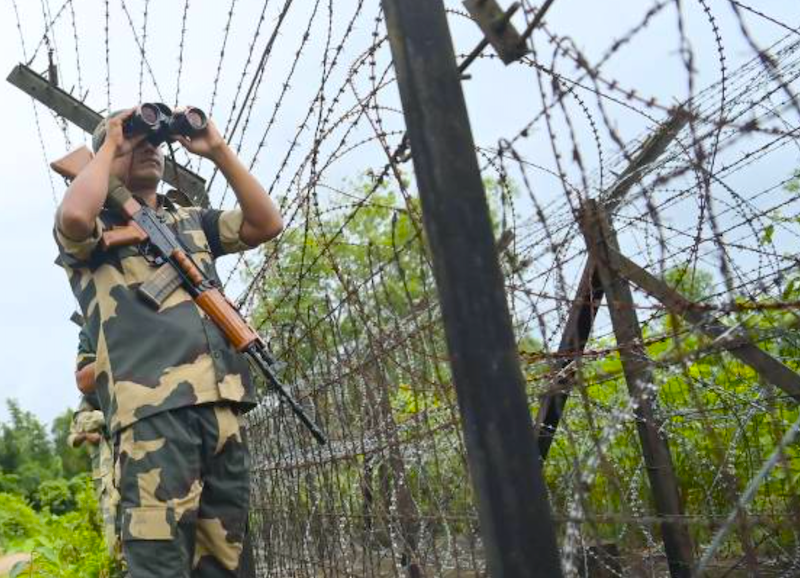 Rishi Sunak. (Photo: Twitter/@RishiSunak)
Rishi Sunak. (Photo: Twitter/@RishiSunak)
On October 25, Rishi Sunak became Britain’s first non-white prime minister. The day etched itself firmly in history not only for the United Kingdom but also for India. Rishi Sunak’s family has its origins in India. His grandparents were born in Gujranwala in British India, which is now in Pakistan. Sunak is married to Akshata Murty, the daughter of Narayana Murthy, the billionaire co-founder of India’s leading IT firm Infosys.
At 42, Sunak is also the youngest prime minister of Britain in 210 years. He was picked up by his fellow Conservative MPs to be the prime minister after the resignation of Liz Truss.
Rishi Sunak has taken charge of the government at a time when the UK is staring at an economic crisis and is facing political instability. In a sense, he has his plate full on both the crucial fronts – politics and economy. In his first address as prime minister, Sunak said: “Our country is facing a profound economic crisis. The aftermath of Covid still lingers, Vladimir Putin’s war in Ukraine has destabilized energy markets and supply chains the world over.’’
No doubt challenges before Sunak are difficult and manifold, and whatever measures he takes in the days to come will be fraught with many dangers as well. But he will have to meet the crisis head on as the UK faces galloping retail inflation which has touched double-digit highs.
Understandably, the mood in India is upbeat as he is the first person of Indian origin (PIO) to assume the office of the prime minister in Britain. In the views of leading businessmen, Rishi Sunak has given the biggest Diwali gift to Mother India on Diwali. Symbolically, it is a great moment for India as it has shown that the talent from our country has crossed wide and deep barriers. The vice-president of the US, Kamala Harris, is a case in point. Apart from occupying high offices, Indian talent has entrenched itself firmly not only in information technology and artificial intelligence sectors but also in financial, electronic, engineering, and economics fields across the globe in leading companies and institutions.
Two days after Rishi Sunak took over, India’s prime minister, Narendra Modi, spoke to him – and both of them agreed on the importance of early conclusion of a comprehensive and balanced free-trade agreement between the two countries.
Sunak expressed his willingness to deepen ties in defence, security, and economic sectors in the months and years ahead. On his part, Modi said the two countries will work together to further strengthen the comprehensive strategic partnership between them.
As Britain’s chancellor of the exchequer in the Boris Johnson government, Sunak had voiced support for the FTA as he saw growing opportunities for both the countries in the fintech and insurance sectors.
India and Britain began negotiations for the FTA in January, aiming to conclude around October. However, the deadline could not be met owing to lack of consensus on some key issues. India is also closely monitoring the situation as it unfolds after Sunak’s taking over reins of the British government. India is looking for concessions on products like textiles, leather goods, and an easier visa regime for professionals. The trade deal will be a win-win situation for both the countries, more so as the UK is facing a slide in its economic situation.
Although the politico-economic situation in the UK appears tough at this moment, all indicators point to Rishi Sunak having credentials good enough to meet the challenge. Months to come will be exciting to watch out for.
Follow us here:
Twitter: https://twitter.com/indiasentinels
Facebook: https://facebook.com/indiasentinels
Instagram: https://instagram.com/indiasentinels
YouTube: https://youtube.com/indiasentinels
Disclaimer: The views expressed in the article are the author’s own and don’t necessarily reflect the views of India Sentinels.
© India Sentinels 2022-23

